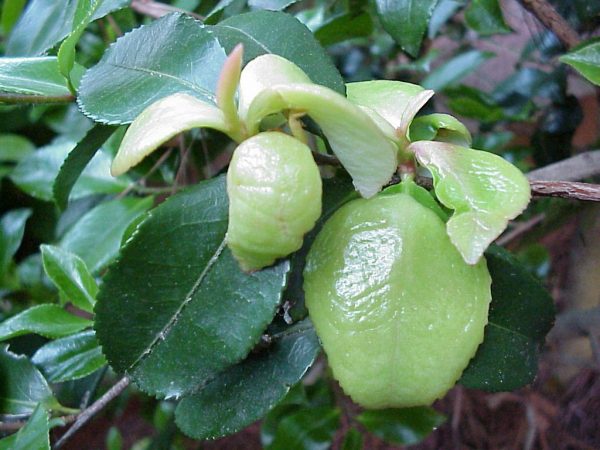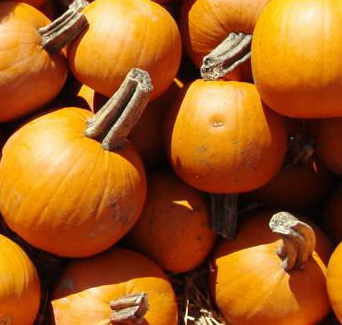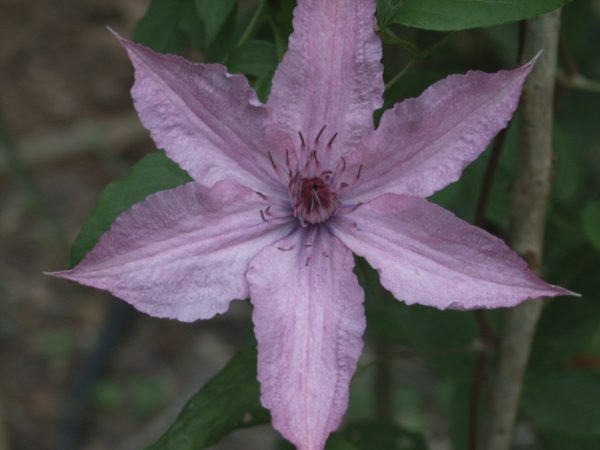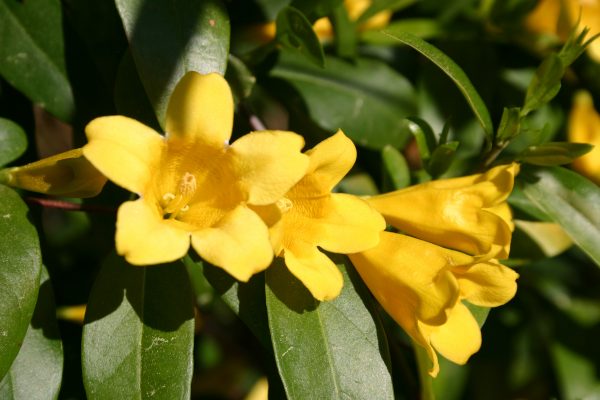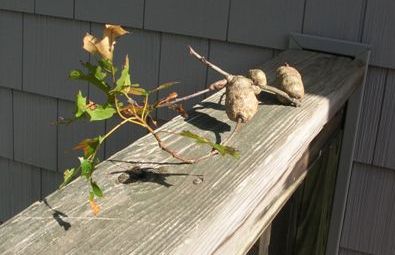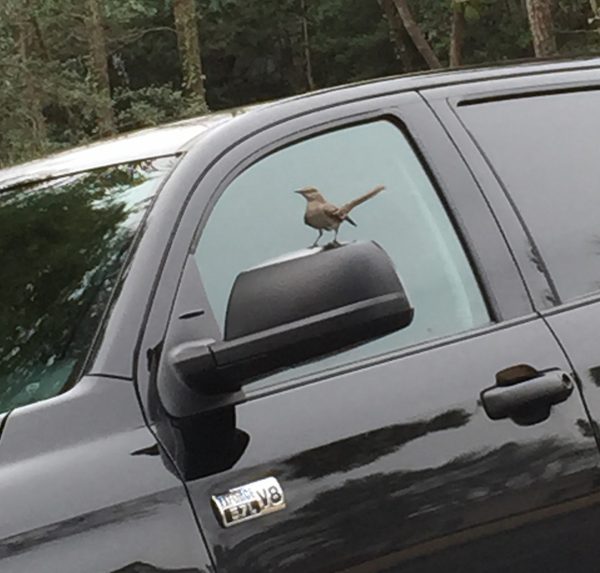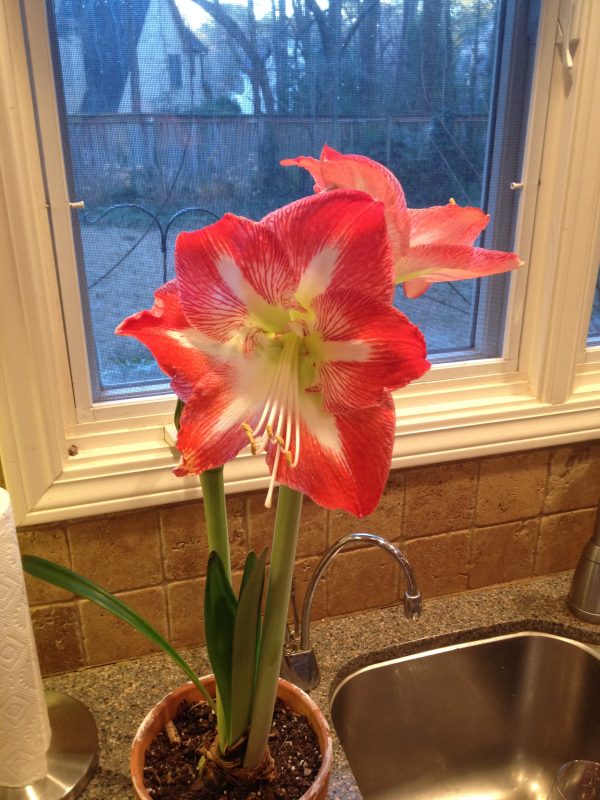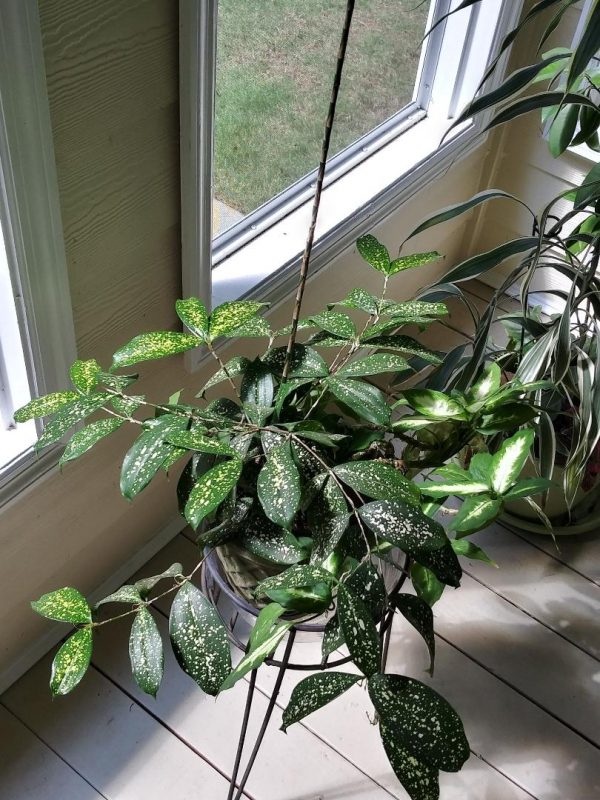Stings – Avoiding (and the only rude gardener I’ve ever met!)
Q: Q: My name is Ann, and I really need your help! I am trying to plan some landscaping for my front yard and backyard and around the front sidewalk and around my brick mailbox. Normal people would have no problem, but I do because my husband has a problem because he goes into anaphylactic shock due a sting from a white face wasp red wasp, well any wasps or yellow jackets or vespa species, fire ants are deathly too, honey bees seem to not bother him though. I went to Pike nursery in Snellville and they pointed me in your direction and told me to e-mail you and that you should be able to tell me what kind of flowers or plants I could plant in my yard. If not, I will make the journey to Callaway on Friday and I may anyway just to see their gardens for ideas. I would like your advice anyway, I understand you are very intelligent and I anxiously await your advice. Thank you in advance.
A: A: Dear Ann, Your email is being answered by Theresa Schrum, Walter’s assistant. When people are faced with serious problems from bee stings, I make one recommendation and one comment. When landscaping, use plants with attractive foliage that produce few or no flowers. If the area is in the sun, try some of these combinations:
**Sun-loving Coleus with Persian Shield, Black Elephant Ears, Variegated Yucca and Gold Mop Chamaecyparis
** Pink Muhly Grass with Mugo Pine , Coleus, Persian Shield and Sweet Potato Vine
** For Shade: Hostas with Heuchera, caladiums and Autumn fern
Plants like Yucca, Coleus, Persian Shield and Heuchera will produce some flowers, but can be removed. Most bees and related insects won’t sting while foraging for food, unless you really make them angry. They will be more aggressive closer to the nest. Yellow jackets, especially, like to nest in soft soil near the base of trees, shrubs and mailboxes. Be on the look out for them. Good luck. –Theresa Schrum
Q: Dear Theresa, Thank you for responding so quickly, but in your quick response you mentioned bees, my husband is not fatally allergic to honey bees and also he is fatally allergic to the wasps that coleus attract that I had out there earlier this spring and last summer, especially last summer. I thank you anyway for the quick response but I will make the journey to Calloway Gardens tomorrow and talk with a Master Gardner. I’m sure I will find an Entomologist there who “can” help me, this is a matter of his life or death on a daily basis since he goes outside everyday. I don’t understand why Walter passed this down to someone who did not research this very carefully. I am shocked that I had to tell you that wasps were attracted to Coleus this much I knew myself. I am very disappointed. If he had been stung I would have sued you personally. You might want to think about that next time someone asks you for advice and research it extremely carefully. This is someone’s life we are talking about. I asked for Mr. Reeve’s advice not some he passed it on to. This I am disappointed in and I will tell Pike’s Nursery how Mr. Reeve’s does his advice on very serious matters, thank you, just the same. Ann
A: I think Theresa’s answer was exactly what I would say…and in my judgement you were quite harsh in your response. In the future, please direct your questions to other sources of help. Walter Reeves



